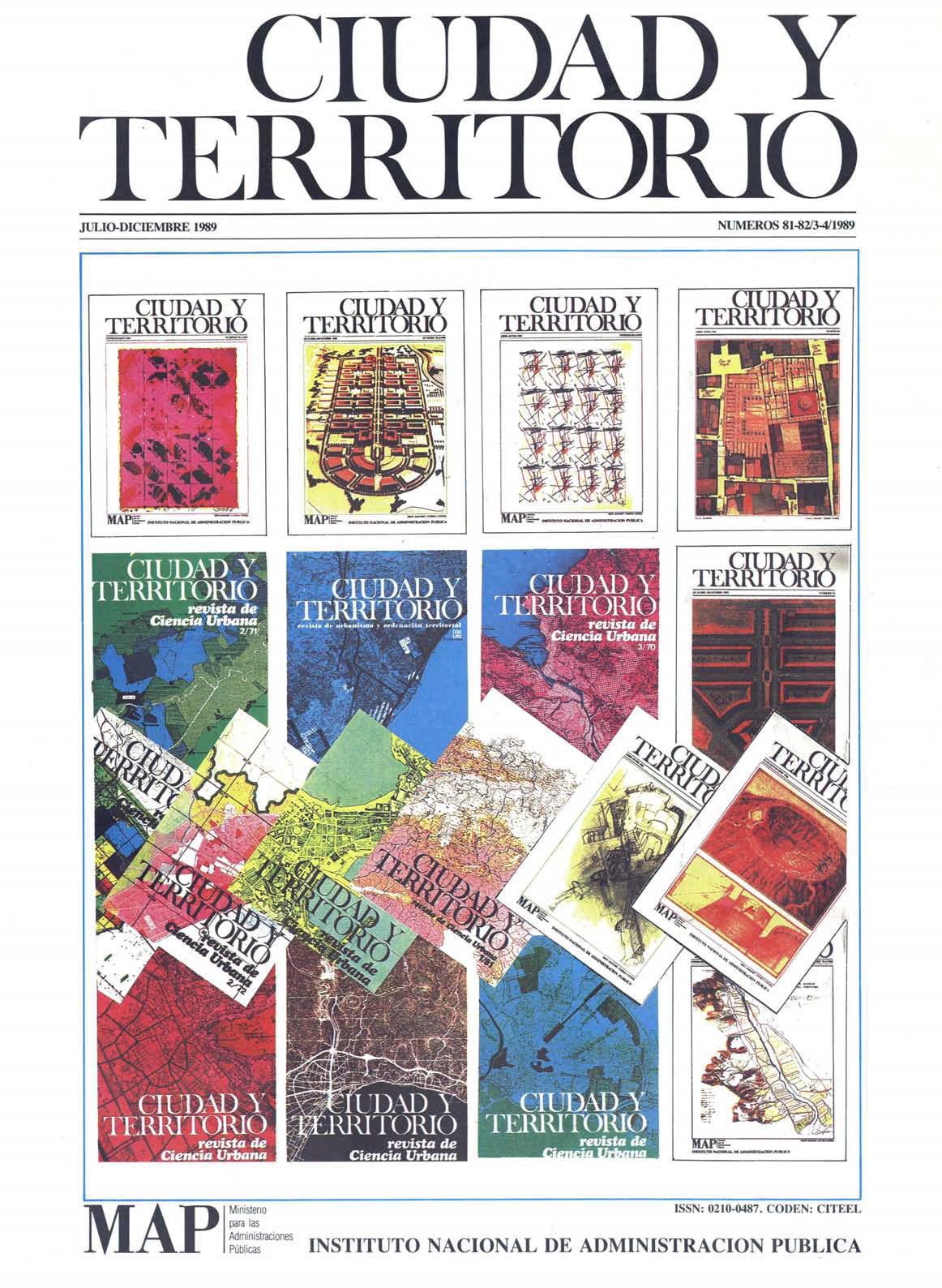Urbanism : Growth in the city and urban aglomerations within German Federal Republic. The attempt to reach a balance as between planning, politics and science over the last twenty years
Abstract
The paper in its clear, three-fol structure analyses urban development in the Federal German Republic over the last 20 years. First the Republic's singular city organizing is set forth, a system of many foci with no central metropolis. The development of this and reasons for the same are gone into likewise its present state of on-going bereft of ties with urban aglomerations. Next, and following on from a summary of the urbanization process and its problems, the most important scientific standpoints as to city development and to that of urban aglomerations, are put forward. The third part details the organizations, institutions and services that the Republic can call upon when facing urbanistic needs and problems.
Downloads
Downloads
Published
How to Cite
Issue
Section
License
Copyright (c) 1989 Wendelin Strubelt

This work is licensed under a Creative Commons Attribution-NonCommercial-NoDerivatives 4.0 International License.
Considering the provisions of the current legislation on Intellectual Property, and in accordance with them, all authors publishing in CyTET give -in a non-exclusive way and without time limit- to the Ministry of Transport, Mobility and Urban Agenda the rights to disseminate, reproduce, communicate and distribute in any current or future format, on paper or electronic, the original or derived version of their work under a Creative Commons Attribution-NonCommercial-NoDerivative 4.0 license International (CC BY-NC-ND 4.0), as well as to include or assign to third parties the inclusion of its content in national and international indexes, repositories and databases, with reference and recognition in any case of its authorship.
In addition, when sending the work, the author(s) declares that it is an original work in which the sources that have been used are recognized, committing to respect the scientific evidence, to no longer modify the original data and to verify or refute its hypothesis. Author(s) also declare that the essential content of the work has not been previously published nor will it be published in any other publication while it is under evaluation by CyTET; and that it has not been simultaneously sent to another journal.
Authors must sign a Transfer of Rights Form, which will be sent to them from the CyTET Secretariat once the article is accepted for publication.
With the aim of promoting the dissemination of knowledge, CyTET joins the Open Journal Access (OA) movement and delivers all of its content to various national and international indexes, repositories and databases under this protocol; therefore, the submission of a work to be published in the journal presupposes the explicit acceptance by the author of this distribution method.
Authors are encouraged to reproduce and host their work published in CyTET in institutional repositories, web pages, etc. with the intention of contributing to the improvement of the transfer of knowledge and the citation of said works.








 Enlace a CyTET en Linkedin
Enlace a CyTET en Linkedin